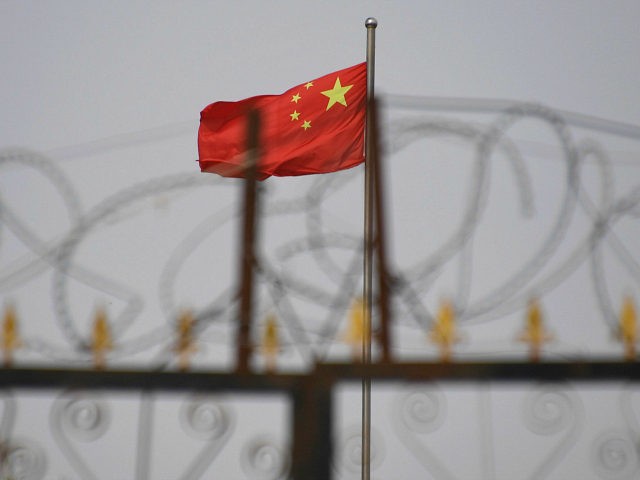TikTok, a mobile app developed in China for sharing short videos, offers an avenue through which the Chinese Communist Party can push propaganda to audiences in America and the broader West. The app is suspected of censoring videos from the ongoing Hong Kong protests based on a complete lack of protests videos when compared to other social media platforms.
According to Sensor Tower, a market research firm specializing in mobile apps, February marked TikTok’s surpassing of one billion total downloads across Apple’s iOS and Google’s Android platforms. This figure does not include Android devices in China. At the tine, total installs in the U.S. were over 96 million, according to Sensor Tower’s estimate.
ByteDance, TikTok’s parent company headquartered in Beijing, China, is speculated to be the world’s most valuable startup. In October of 2018, Bloomberg reported ByteDance’s valuation to be $75 billion, an estimate echoed by market research firm CB Insights.
TechCrunch reported in May:
TikTok retained its No. 1 position as the most downloaded app on the Apple App Store for the fifth consecutive quarter, according to a new report from Sensor Tower. The app saw more than 33 million App Store downloads during Q1, and was followed by YouTube, Instagram, WhatsApp and Messenger to round out the top five.
The No. 16 top app, Twitter, also had a good quarter, the report noted.
The Washington Post contrasted content tagged #HongKong between both TikTok and Twitter:
A search for “#hongkong” on Twitter reveals a vast visual patchwork of the city’s unavoidable protests, including pro-China agitprop, sympathetic memes and imagery from the hundreds of thousands of pro-democracy marchers who have braved police crackdowns.
But the same searches for Hong Kong on TikTok, the short-video app from a Beijing-based tech giant that has gone viral in the U.S., reveal a remarkably different — and, for the Chinese government, more politically convenient — version of reality: playful selfies, food photos and singalongs, with barely a hint of unrest in sight.
In a statement to the Washington Post, ByteDance claimed its censorship and moderation policies on TikTok are independent of Chinese government influence:
TikTok’s parent company ByteDance said in a statement that U.S. user data is stored domestically and that the app’s content and moderation policies in the U.S. are led by a U.S.-based team not influenced by the Chinese government. ByteDance repeatedly declined to make executives available for on-the-record interviews.
In its statement, the company defended TikTok as a place for entertainment, not politics, and said its audience gravitates there for positive and joyful content as a possible explanation for why so few videos relate to sensitive topics such as the protests in Hong Kong.
Contemporary telecommunications and related software open new avenues for state-driven propaganda and surveillance operations, directed both internally and abroad.

COMMENTS
Please let us know if you're having issues with commenting.